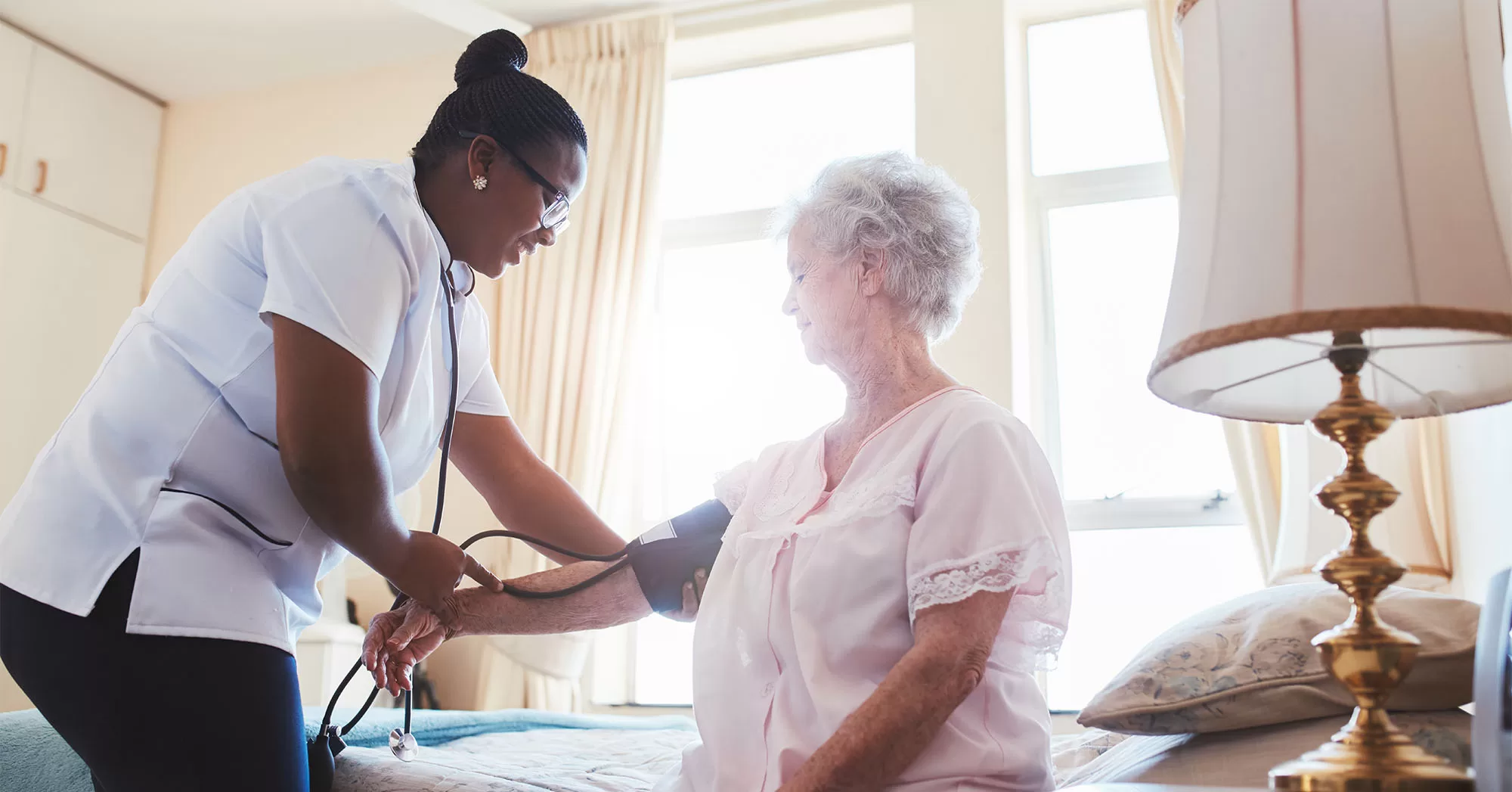Lung cancer is one of the leading causes of cancer-related death worldwide and claims more than 150,000 American lives yearly. This is due mainly to the delayed diagnoses and 15% survival rate. Health agencies across the globe seek to raise awareness of lung cancer, its causes, risks, and treatment in the month of November – Lung Cancer Awareness Month.
Lung cancer is one of the most common cancers among New Yorkers. The New York Department of Health says it is the leading cause of cancer deaths. Each year about 6,900 men and about 7,300 women are diagnosed with lung cancer, and about 4,000 men and about 3,800 women die from this disease. In New York State, lung cancer death rates among men and women have been declining since 1995, but the decline among women has been slower.
As a home care agency in New York, True Care offers a range of care programs to patients battling lung cancer, including private duty nursing, home infusion, hospice, palliative care and home health aide services. True Care home care professionals have first-hand knowledge of the effects of this cancer on the body and the patient’s quality of life.
Despite these astonishing numbers, many people know very little about this disease. This is what everyone should know about lung cancer.
Anyone can get lung cancer
One in 16 people in the United States will be diagnosed with lung cancer in their lifetime. Although smoking is the most common cause of lung cancer, almost two-thirds of all new diagnoses are in people who have never smoked or are former smokers. Up to 30,000 Americans who have never smoked get lung cancer every year.
Symptoms of lung cancer can be nonspecific
Many people are not diagnosed until cancer has advanced because lung cancer may not produce noticeable symptoms early. But if someone has any of the following problems, they should see a healthcare provider who can evaluate these symptoms:A cough that does not go away
Changes in a chronic cough
Shortness of breath or you are more easily winded
Pain in the chest area
Persistent wheezing
A raspy or hoarse voice
Unexplained weight loss
Bone pain
Worsening headaches
Screening for lung cancer can save lives
Like many other cancers, the key to surviving lung cancer is catching it in its earliest stages, when it is most treatable. For patients who have small, early-stage lung cancer, the cure rate can be as high as 80% to 90%. Cure rates drop dramatically as the tumor becomes more advanced and involves lymph nodes or other body parts.
There are different kinds of lung cancer
About 80% to 85% of lung cancer diagnoses are non-small cell lung cancer (NSCLC), and there are 3 main subtypes:
Adenocarcinoma. This is the most common subtype of cancer, but also much more common in people who never smoked, younger patients, and women.
Squamous cell cancer. This is more commonly linked to a history of smoking. It develops in the airways of the lungs.
Large cell carcinoma. This is an uncommon type of lung cancer, accounting for less than 10% of cases
Small cell lung cancer (SCLC) accounts for around 10% to 15% of all lung cancers and rarely develops in someone who has not smoked.
Early palliative care for people with advanced lung cancer improves outcomes
People with lung cancer who receive palliative or supportive care as part of their treatment are shown to be more satisfied with their treatment, have better symptom management, and live longer. Palliative care is a plan that prevents and treats suffering and addresses the physical, intellectual, emotional, social, and spiritual needs that are unique to each patient. Palliative care gives patients control of their care by allowing them to tell doctors and nurses what kind of treatment they want or may not want to receive.
True Care provides palliative care for clients in New York through our extensive network of home health aides, licensed nurses, social workers, and other health professionals who can provide compassionate palliative care that can guide your family through a serious diagnosis.
You’re not in this alone. The lung cancer community is growing. Many people have been touched by lung cancer. It affects more than 220,000 Americans yearly, with thousands residing in New York.
Managing cancer and its symptoms and effects on the family can make you feel isolated, but by calling us at True Care, you will realize that you are not alone in your fight against cancer.
True Care has a wide range of supportive care options that can be implemented as soon as you are diagnosed, making your journey that much easier. No matter what stage you or your loved one has reached in your cancer fight, True Care can be a key part of your support team. If you think our care programs are a good fit for you or you would like to provide care to those who need it, please fill out our intake form to begin the conversation.









